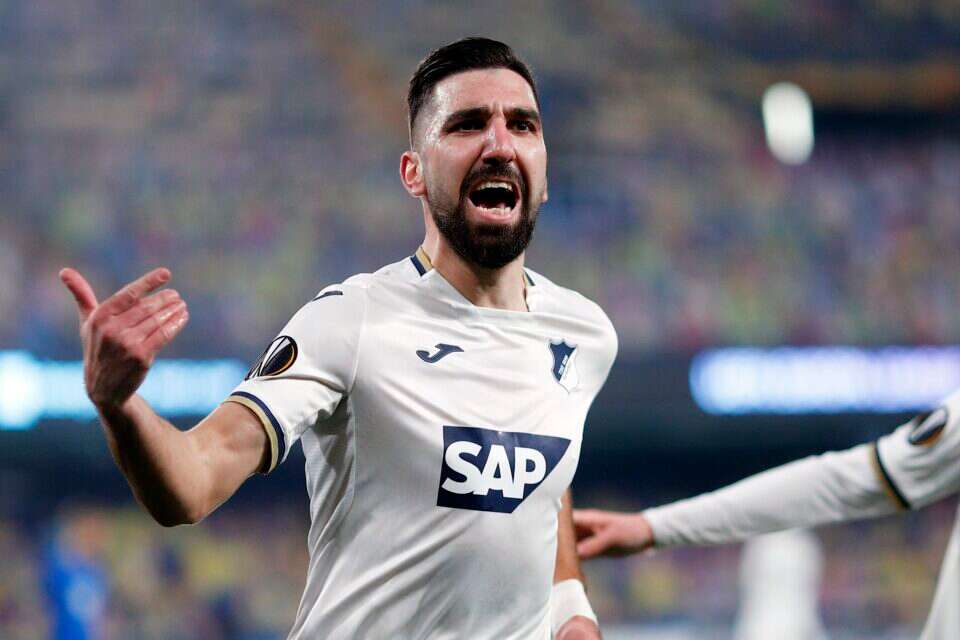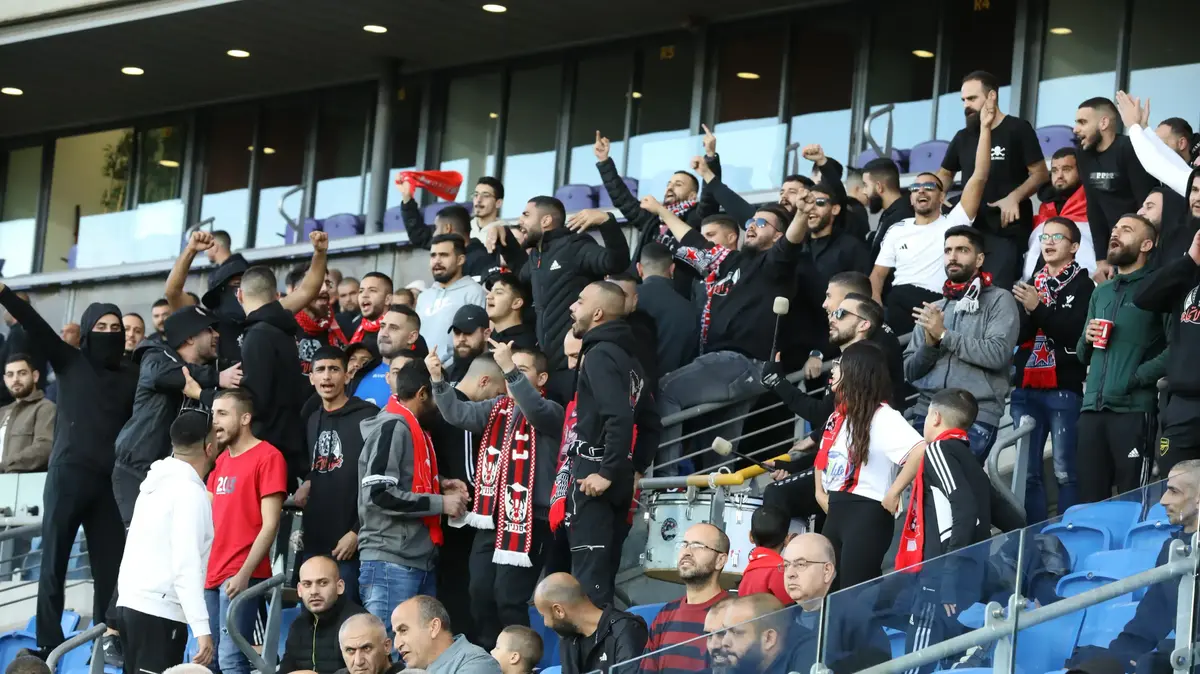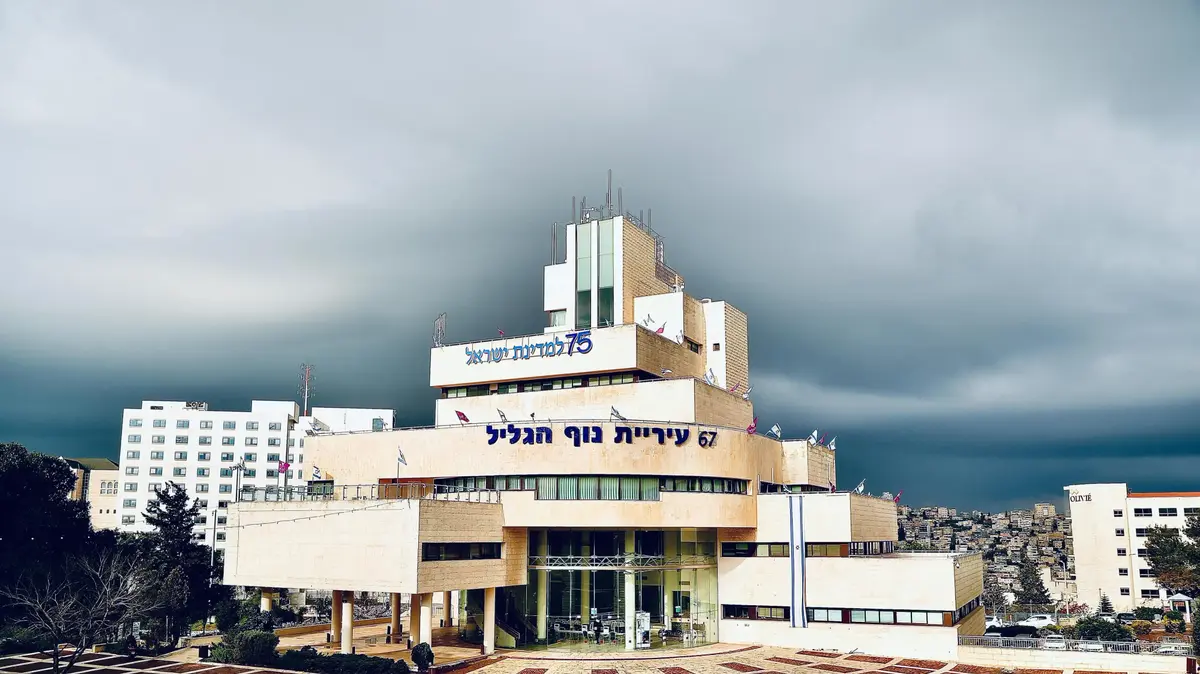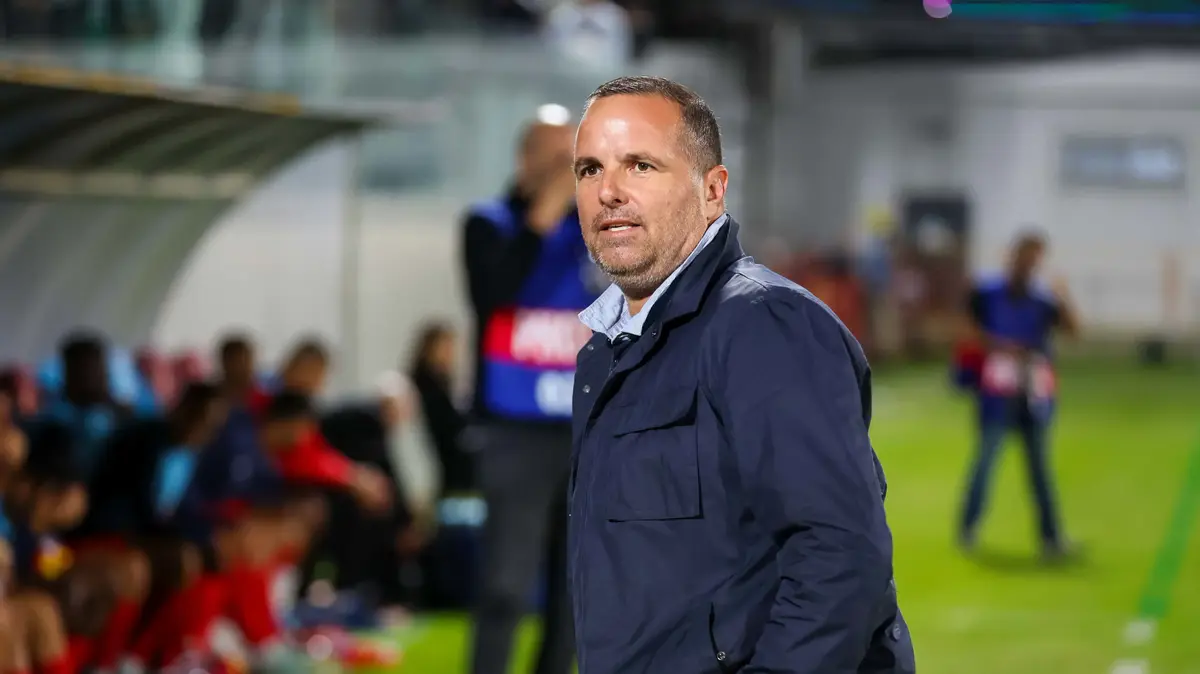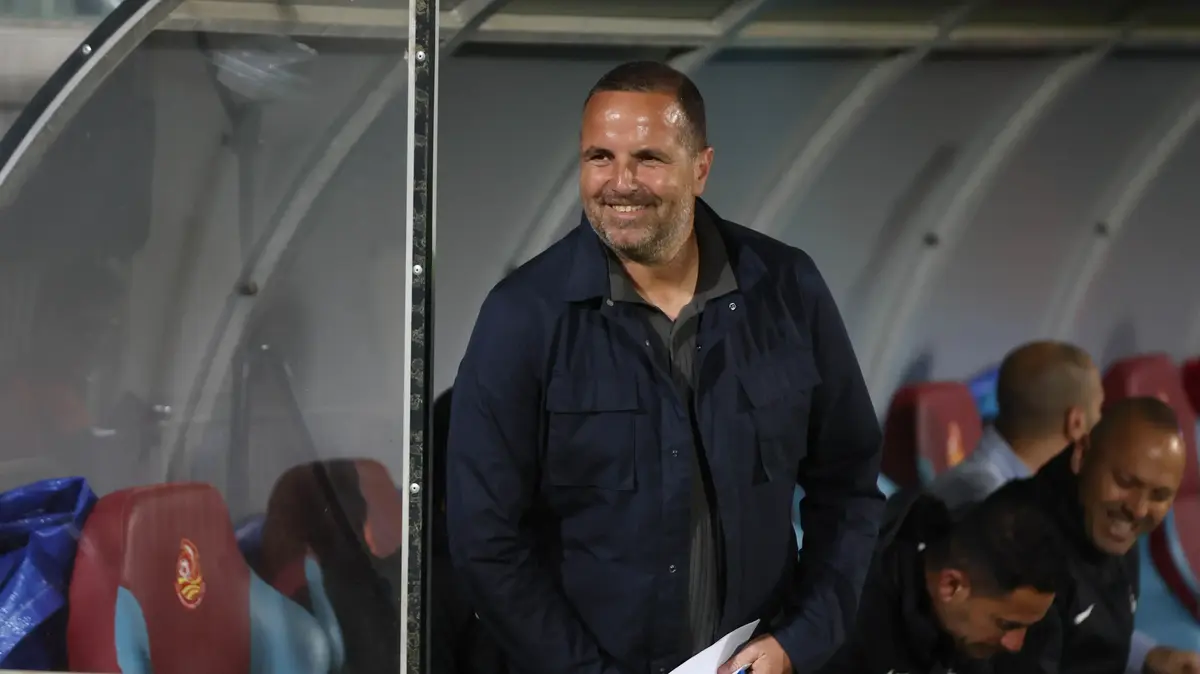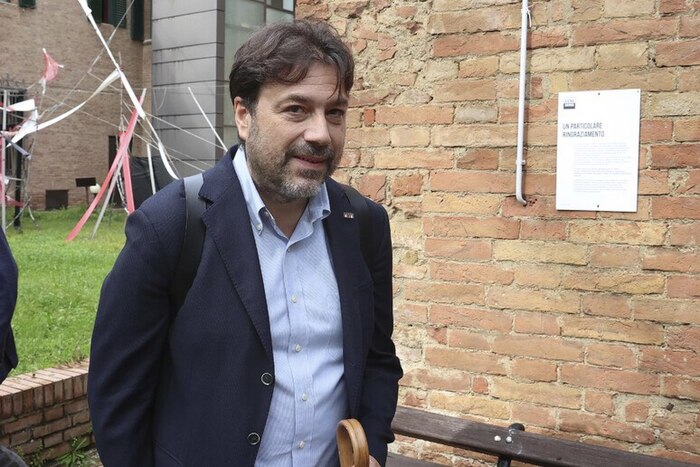For many years he worked for me as a cleaner in my building, in the old north of Tel Aviv.
For years I saw him pedaling his bike around town with a bucket, a rolled pipe and brooms, on his way to another building.
Hard day man, but smiling and polite.
I did not know much about him, only that he lived in Umm al-Fahm.
One day, after a prolonged absence, he appeared and told that his wife had undergone treatment for her cancer.
And again Ali disappeared for a few weeks, which became months.
One day, in the early hours of the morning, I heard a conversation in Arabic right outside my door.
I opened and saw two young men with a bucket and a broom, groping what they were supposed to do.
I asked them who they were.
One of them looked suspiciously at Ali, and when I asked if Ali was his father, he nodded and said that Ali had died two weeks ago from a cancerous growth in his head.
"Within a month - boom, the tumor was discovered and there was nothing to do."
The son asked for help.
He came to fill his father's place, and did not know who to contact in the building's management company.
I took care to connect them, and the matter was settled.
A small story about the complex reality in which, next to us, in our shadow, two million inhabitants live here.
Most of them want to live well and make a living, also in Umm al-Fahm, which is also a stronghold of nationalism and extremism, but also a city in which a football team plays, which was not far from being promoted to the Premier League last season.
It was coached by a Jew named Moti Ionir, it employed Jewish actors, who were considered idols by the local audience.
This is Umm al-Fahm and such are the Arabs in Israel.
both.
Once upon a time there was such talk of "a good Arab is a dead Arab," which expressed the distrust of the Jews in the neighbors.
Let's put aside for a moment the peace be upon him and his sons, and consider what has happened in the past year to two of the elite of Arab society in Israel - Dr. Mansour Abbas, and Monas Dabour, a player for the Israeli national team and Hoffenheim.
Abbas, a dentist by education, broke out of anonymity into the Israeli prime-time center, and after a year can be said to be one of the most impressive personalities in Israeli politics, deteriorating day by day.
Fluent, educated, enlightening, one who has also stood up to strategic, non-tactical tests - for example when he confronted Yahya Sinwar with his head held high, who blatantly threatened to dismantle his political alliance with the Naftali Bennett government.
Abbas reminds me of Anwar Sadat, who stood his ground, alone in front of the Arab world, and landed in Israel to meet Menachem Begin.
Abbas, like Sadat at the time, was left alone, and his fate in our reality may be similar - but over time, almost 45 years later, the geopolitical reality in the Middle East changed because of Sadat's visit, after which Jordan also joined the settlement.
Egypt and Jordan internalized reality and remain countries even today.
Anyone who did not understand that he could not expel the Jews from here became a collection of gangs living in bankrupt countries - Lebanon, Syria, Iraq.
Abbas is a brave and sober man, and his discourse forces us to think.
It is difficult for some of us to internalize an Israeli Arab, brave with good intentions, but one who also knows how to stand up for his rights without bowing.
Even in his faction he is an almost lonely voice.
Take for example a balance of derogations: until a year ago Ghana was well known and well known by its leader.
Ghanaim headed the successful experience of the Bnei Sakhnin football team 20 years ago.
18 years ago the experiment culminated with winning the state cup.
We were in Sakhnin on the night of the victory.
Tens of thousands celebrated, including Jews from neighboring localities.
There were also many Israeli flags, and this was a dramatic stage in the Arab-Israeli connection at the place where the famous Earth Day from 1976 took place.
It is not clear to me why Ghanaim himself did not become a kind of Mansour Abbas.
He sided with coexistence, won together with Sakhnin a great embrace from the Jews - but politics, not life itself, made him a cynical nationalist unable to see the big picture.
Monas Dabour wrote a post on the Instagram page in "The Guardian of the Walls", and has since become a persona non grata for fans in team games.
Eran Zehavi has long since forgotten the captain's shot, but Dabour will not be forgotten, certainly not in the current political climate.
Israeli football is one of the places where coexistence is particularly successful, and the Arab players have a great contribution to make to the team that played this week in Albania and Iceland.
As for Monas himself, the only possible reconciliation will take place if he scores Israel's rise to the euro, but what is the chance that this will happen?
Aviadp65@gmail.com
Were we wrong?
Fixed!
If you found an error in the article, we'll be happy for you to share it with us

